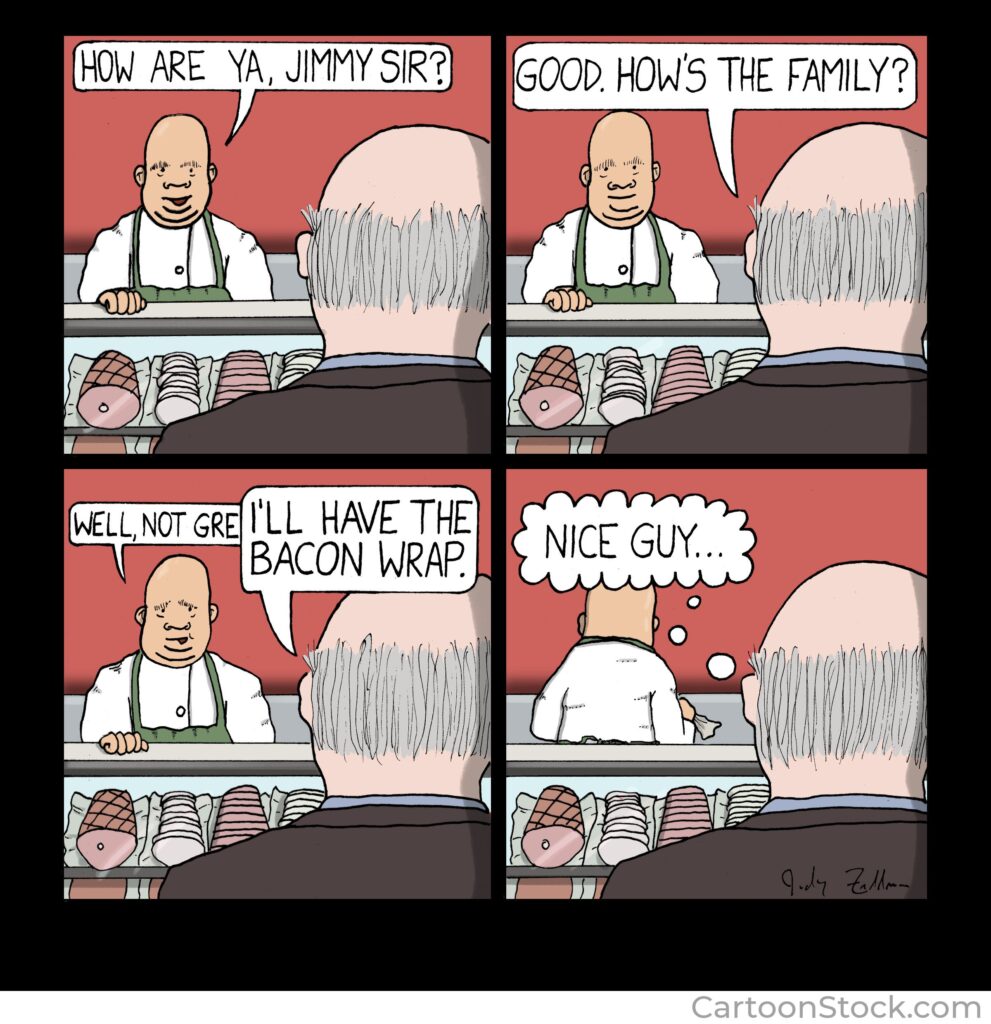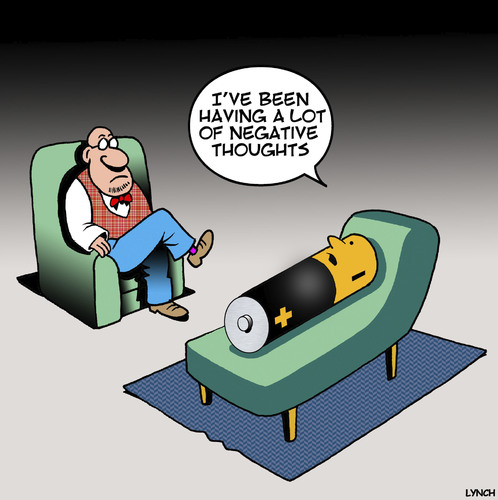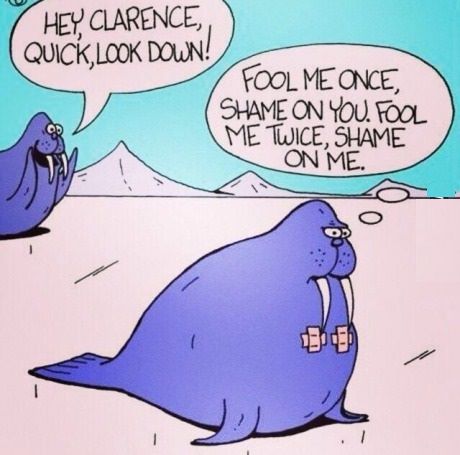
I’ve read that when you’re interviewing someone for a job, it helps to have a meal with them in a public restaurant because then you can observe how the interviewee treats the waitstaff. You can also tell a lot about someone by observing how they treat the custodial staff at the office, or those who are low on the org. chart. You can tell a lot about someone by observing how he treats people whom he doesn’t have to be kind to. It provides a subtle but accurate glimpse into how the person values people and how he is likely to treat them.
Much of what I write about in these posts is autobiographical—not just things I’m thinking about but issues that I struggle with. I take these lessons/suggestions personal. So I’ve been asking myself: am I kind and considerate to people who are “unseen”?
Kindness should be blind, unconditional, and indiscriminate. When we demonstrate kindness to those who are least expecting it, the impact can be profound. The following story speaks of the power of a random act of kindness.
The African bishop, Desmond Tutu, was once asked why he became an Anglican rather than joining some other denomination. He replied that in the days of apartheid, when a black person and a white person met while walking on a footpath, the black person was expected to step into the gutter to allow the white person to pass and then nod his head as a gesture of respect.
“One day,” Tutu said, “when I was just a little boy, my mother and I were walking down the street when a tall, white man, dressed in a black suit, came toward us. Before my mother and I could step off the sidewalk, as was expected of us, this man stepped off the sidewalk and, as my mother and I passed, tipped his hat in a gesture of respect to her. I was more than surprised at what had happened, and I asked my mother, ‘Why did that white man do that?’ My mother explained, ‘He’s an Anglican priest. He’s a man of God, that’s why he did it.’ When she told me that he was an Anglican priest, I decided there and then that I wanted to be an Anglican priest too. And what is more, I wanted to be a man of God.”
Bishop Desmond Tutu was one of the key contributors to the abolishment of apartheid in South Africa.



